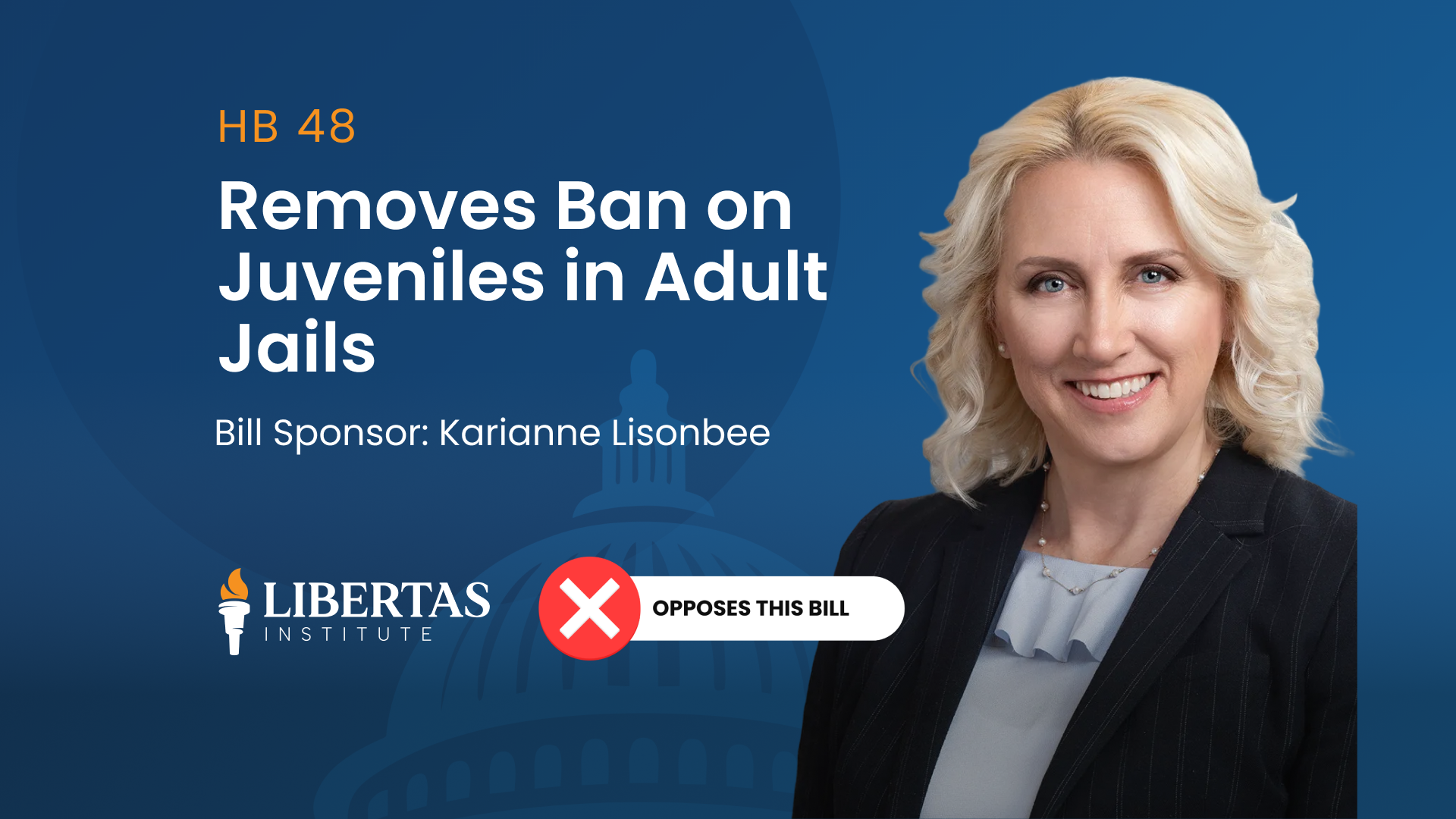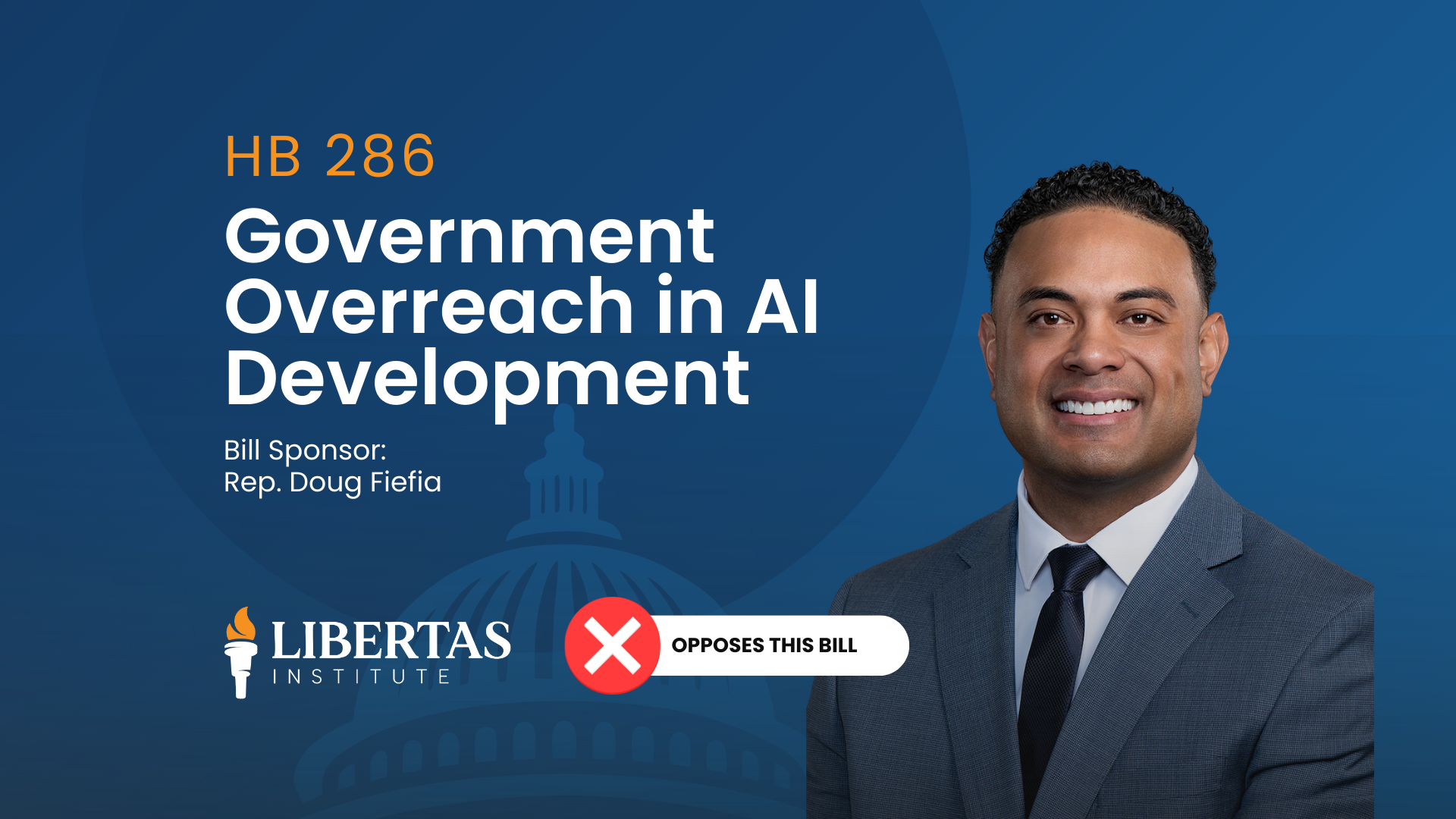This bill passed both the Senate and House unanimously.
Libertas Institute supports this bill.
In a 2008 study of children in Utah’s foster care system, 31% of children (833 out of 2,651) had been prescribed one or more psychotropic medications. A 2001 to 2004 study of such children found that 18% were given such drugs for “oppositional defiant disorder,” 17% for “reactive attachment and adjustment disorders,” and 15% for “mood disorders.”
Children in foster care system are more likely to be given such mind-controlling substances, according to a recent study conducted by the federal Government Accountability Office (GAO). In Utah, the 31% rate for foster care children is dramatically higher than the 6% rate for children statewide.
In March, a report by the inspector general at U.S. Department of Health and Human Services identified problems in more than two-thirds of claims submitted for psychotropic drugs paid for through Medicaid, which provides medical coverage for most children in foster care. The identified concerns included too many drugs (37 percent); wrong dosage (23 percent); poor monitoring (53 percent); or wrong treatment (41 percent). The report recommended that states increase oversight and conduct reviews of psychotropics prescribed to children. Another report, concluded in 2010, showed psychotropic medication being handed out at double the rate compared to a decade prior.
During a meeting for the Child Welfare Oversight Panel in September 2015, Brent Platt, director of the Division and Child and Family Services (DCFS), “suggested that the foster care program could benefit from a child psychiatrist on staff to evaluate individual cases and, in some cases, suggest alternatives to medication.”
To that end, Senator Wayne Harper has sponsored Senate Bill 82. The bill would require DCFS to set up an oversight pilot program consisting of a child psychiatrist and an advanced practice registered nurse (APRN) which would receive records on children in state custody, review their medical care, and determine whether “there are less invasive treatment options available to meet the foster child’s needs,” along with other conclusions such as the risks and benefits of the psychotropic medication being prescribed to the child. The panel’s recommendations would be provided to the child’s health care providers.
The oversight program is intended, at present, to only operate for a few years; the bill would automatically repeal it on July 1, 2019, unless a future legislative session extended or eliminated the repeal date.
Additionally, SB82 would codify in statute a recent practice of DCFS to conduct evidence-based safety and risk assessments when removing children from the custody of their parents. These assessments would review, at a minimum: the threat of harm to the child; the ability of the parent to protect the child; the child’s particular vulnerabilities; interventions required to protect a child; and the likelihood of future harm to a child. Assessments would be made available to the parents, and various government agencies, prior to the shelter hearing where parents are first able to contest the removal of their children. Finally, judges would be required to review the assessments when determining whether the child should remain in state custody.
It’s quite reasonable to conclude that children—especially teenagers—who are removed from their families would exhibit defiant behavior or a “mood disorder.” The high rate of psychotropic medication—drugs that can be extremely dangerous, and even fatal—is extremely worrisome. At a very minimum, this effort to impose oversight on the process is welcome and necessary.




